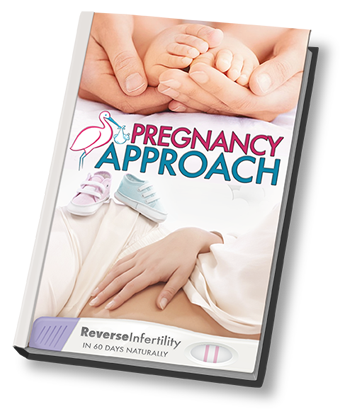Contrary to popular belief, daily sex can increase the chances of couples who are trying to conceive.
It has been a common knowledge for couples with fertility problems not to engage in sex for several days in order to boost sperm production before trying to conceive.
However, during a recent American Society for Reproductive Medicine conference, a team of experts from Sydney University revealed that abstinence could result to poorer quality of sperm.
At least one UK expert agreed that daily intercourse might be better for men’s sexual health with damaged sperm.
The team from Australia studied 42 men whose damaged sperm had been found to be abnormally-shaped upon examination under the microscope.
These men were told to ejaculate everyday for 7 straight days, and the samples were compared with those taken from them after 3 days of abstinence.
Almost all except for 5 of the men had less sperm damage in their daily samples as compared with the post-abstention samples.
While abstaining from sexual intercourse may allow the number of sperm to build up, there occurs a “trade off” between quality and quantity.
According to Dr. Allan Pacey, secretary of the British Fertility Society: “This research shows that when you put people on a daily ejaculation regime, it reduces the figure for DNA damage.
If you can go from 30% to 20%, that is quite a big shift and that should have some implications for fertility.”
“I remember one couple in which the woman would only let the man ejaculate when she was in her fertile period, so the poor chap was going without for almost a month at a time,” he said.
For couples who are initially trying to get pregnant, an interval of 2 to 3 days can be advisable, whereas a man with high DNA damage and an average sperm count should try more often.
How To Get Pregnant Fast?
Proven Method To Get Pregnant Fast
Has A 85% Pregnancy Success Rate…
On the other hand, some cases of infertility might be treated by injections of a hormone.
A team of scientists at London’s Hammesmith Hospital revealed that shots of the hormone kisspeptin stimulate the release of the hormones that control menstrual periods.
Identified as the genetic switch that turns on puberty, humans lacking in kisspeptin hormones may remain sexually immature.
The findings are being presented to a Society for Endocrinology conference.
Kisspeptin production is controlled by a single gene, called KiSS-1 by researchers in Hershey, Pennsylvania, who named it after the town’s most famous type of chocolate bar.
Experts from the Hammersmith Hospital team experimented on the effect of the hormone on a woman’s ovulation.
In order to check its safety, six healthy female volunteers were injected with small doses of kisspeptin and its effect were monitored.
This resulted in the increase of their circulating concentrations of luteinising hormone (LH), a hormone which is needed to cause ovulation.
Kisspeptin increased LH concentrations at all stages of the menstrual cycle, but the effect was greatest in the pre-ovulation phase.
According to Dr. Waljit Dhillo, leader of the research, “Kisspeptin has previously been shown to potently stimulate hormone release in animals, but this is the first time that it has been shown to stimulate sex hormone release in women.”
“We might now look at giving this hormone to women who have no periods, those with irregular cycles or who have a period but do not ovulate,” he said.
He added that one in nine couples are affected by infertility, and this could be one of the treatments.
Dr. Simon Fishel, director of the Care Fertility Group, said that: “This is not surprising, because of what we already know about kisspeptin, but it is interesting that they have found these results in women.
Researchers say that these new procedures and medical innovations need to be tried first in healthy women to determine their level of tolerance.
Meantime, more studies will be made to determine the use of kisspeptin as a treatment for infertility.







